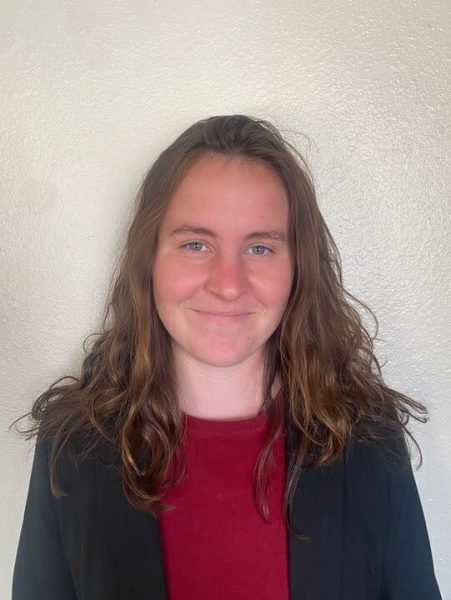Internships can be invaluable experiences, providing real-world training, networking opportunities and practical knowledge beyond classroom learning. By doing internships, students can learn if they enjoy working in a particular field or gain job offers after their degree gets finished. In fact, some majors, such as criminal justice, require an internship as a graduation requirement.
Getting intern experience can be invaluable, according to Certified Public Accountant Ryan Thomas, since many companies such as Deloitte or Ernst and Young use their internships as feeder programs for future job offers upon a student’s graduation. For this reason, many internships are competitive. Any advisor will tell you that they encourage students to get out there and gain experience in the real world.
While most universities encourage internship experiences, some, including the University of Arizona, allow students to earn academic credit for them. On paper, this seems like a great deal. It lets students kill two birds with one stone by obtaining experience and academic credit all at once.
However, at the UA, if students actually want academic credit for their internships, they have to pay university tuition for them. Doing this further increases the already high financial burden of college, especially considering that upwards of 43% of internships end up being unpaid. Additionally, the busyness of the academic year leaves summer as the only option to intern for many students.
To gain internship experience, students may have to forgo other work opportunities during the summer, such as higher-paying service industry jobs, especially if the internship they need is unpaid. Furthermore, there are less merit scholarships in the summer. This further increases the cost of the internships.
According to this tuition calculator, it can cost anywhere between $1,000-$3000 to get credit for a summer internship at UA. When informed of this policy, a student (who preferred to remain anonymous) at another university said, “What the ****. That’s robbery.” There are other costs associated with internships as well: commuting, professional attire, relocating and the opportunity cost of time.
When taking on a new role, there is always an element of stress and an adjustment period to an organization’s culture and the industry expectations. Learning the ropes of new procedures, tasks or software while navigating dynamics with coworkers or supervisors can be overwhelming. Taking into account both the personal and financial factors related to interning, it is not fair for universities to charge a student tuition and fees for their internship.
In an effort to help combat this, the UA offers a Summer Internship Stipend program, designed to help eligible students cover the costs of summer internships including moving, travel expenses and professional clothing. The LifeLab says that the award is a $2500 stipend that is dispersed through the student’s bursar account, and the funds can be put toward credit if a student is awarded the stipend. This stipend is intended to give students extra financial support to be able to focus on their internship and the skills they will be gaining.
The eligibility requirements include being enrolled at the UA for the upcoming fall semester, being a US citizen, having an internship for the summer and meeting various need-based criteria. While the award is need-based, the LifeLab encourages everyone to apply since each situation is unique.
While this program offers incredible opportunities to selected students, a conversation at the LifeLab revealed that only 60 students can be awarded this each year. Many students are still left to figure out how to finance their internships, contributing to an ever increasing financial burden associated with getting career-ready while in college. This said, universities should strive to support students in gaining practical experience without exacerbating the financial challenges their students already face.
Follow the Daily Wildcat on Instagram and Twitter/X
 Kirsten Thomas is a student at the University of Arizona. She loves personal finance and rock climbing.
Kirsten Thomas is a student at the University of Arizona. She loves personal finance and rock climbing.









